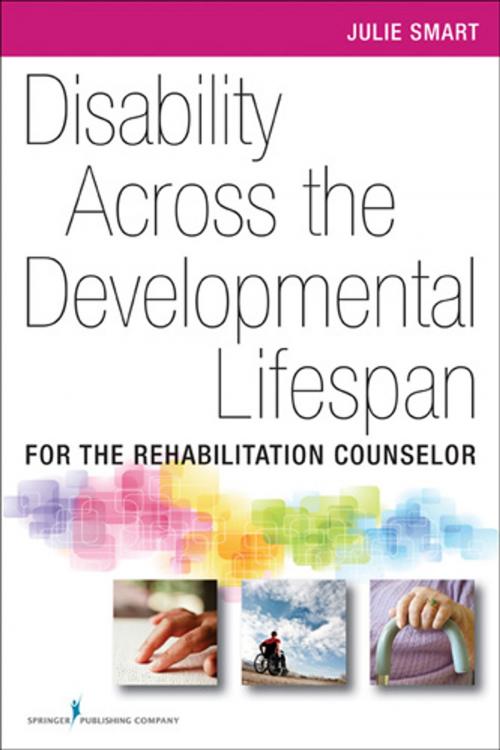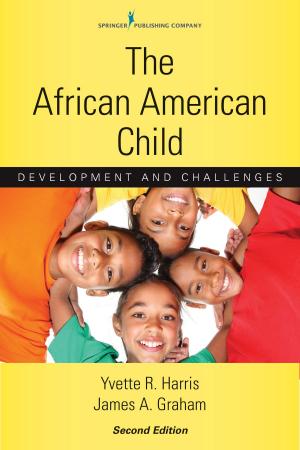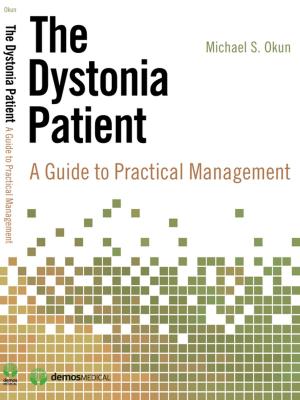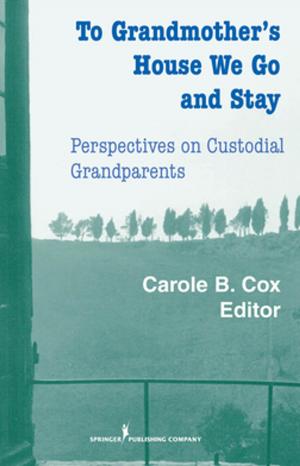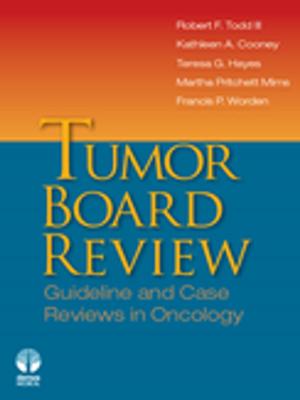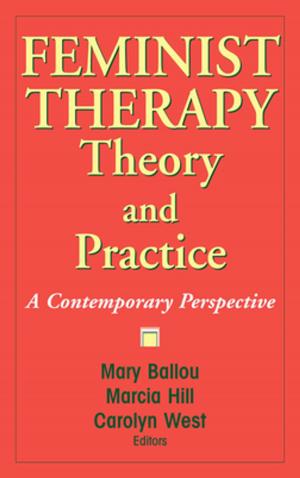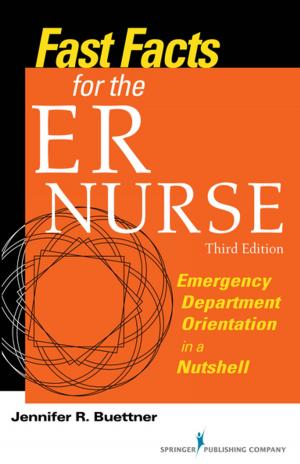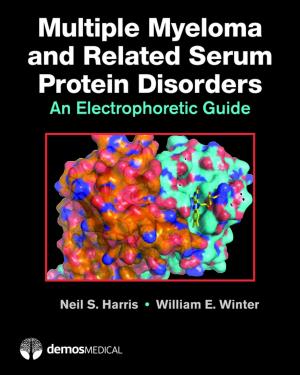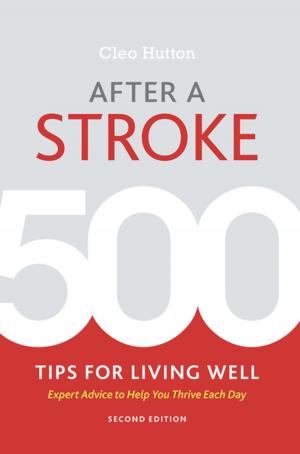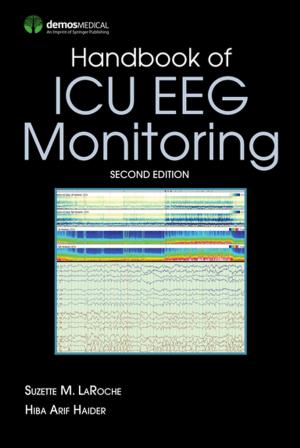Disability Across the Developmental Life Span
For the Rehabilitation Counselor
Nonfiction, Social & Cultural Studies, Social Science, Disability, Health & Well Being, Psychology, Developmental Psychology, Counselling| Author: | Julie Smart, PhD | ISBN: | 9780826107350 |
| Publisher: | Springer Publishing Company | Publication: | November 14, 2011 |
| Imprint: | Springer Publishing Company | Language: | English |
| Author: | Julie Smart, PhD |
| ISBN: | 9780826107350 |
| Publisher: | Springer Publishing Company |
| Publication: | November 14, 2011 |
| Imprint: | Springer Publishing Company |
| Language: | English |
This is the only text to provide comprehensive coverage of human growth and development, a requirement mandated by the Council of Rehabilitation Education (CORE) for a master's degree in rehabilitation counseling and for Licensed Professional Counselor certification. Written by an eminent leader in the field of disability studies, this book reflects a significant change in perceptions of individuals with disabilities from being defined foremost by their disability to being viewed as normal individuals with a disability. It provides an understanding of traditional human growth and development that will enhance the practice of disability counseling by enabling an understanding of a client's childhood and prior life experiences.
The book begins with a focus on developmental theories and tasks, followed by a discussion of cultural and ethical considerations in human development. It considers the major theories of human development as they relate to people with and without disabilities, and career theories with a focus on the concept of choice. The book addresses specific developmental stages including a description of developmental tasks, risks, disability applications, specific disabilities common to a particular stage, and cultural and ethical issues, all supported by case examples.
Key Features:
- Fulfills the required CORE mandated course on human growth and development and the disability experience
- Addresses disability across the lifespan in relation to developmental stages
- Authored by highly a respected expert in disability studies
This is the only text to provide comprehensive coverage of human growth and development, a requirement mandated by the Council of Rehabilitation Education (CORE) for a master's degree in rehabilitation counseling and for Licensed Professional Counselor certification. Written by an eminent leader in the field of disability studies, this book reflects a significant change in perceptions of individuals with disabilities from being defined foremost by their disability to being viewed as normal individuals with a disability. It provides an understanding of traditional human growth and development that will enhance the practice of disability counseling by enabling an understanding of a client's childhood and prior life experiences.
The book begins with a focus on developmental theories and tasks, followed by a discussion of cultural and ethical considerations in human development. It considers the major theories of human development as they relate to people with and without disabilities, and career theories with a focus on the concept of choice. The book addresses specific developmental stages including a description of developmental tasks, risks, disability applications, specific disabilities common to a particular stage, and cultural and ethical issues, all supported by case examples.
Key Features:
- Fulfills the required CORE mandated course on human growth and development and the disability experience
- Addresses disability across the lifespan in relation to developmental stages
- Authored by highly a respected expert in disability studies
